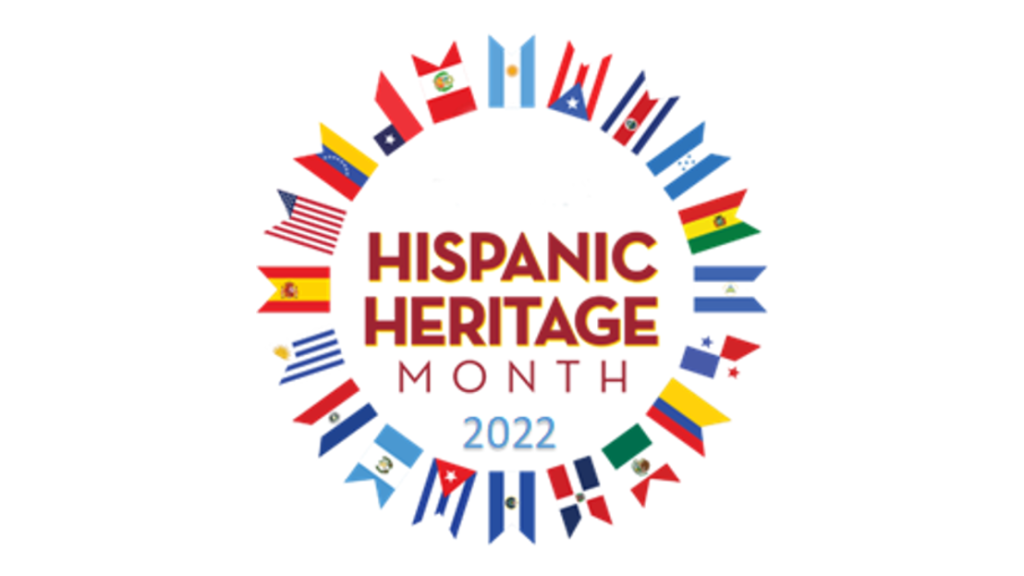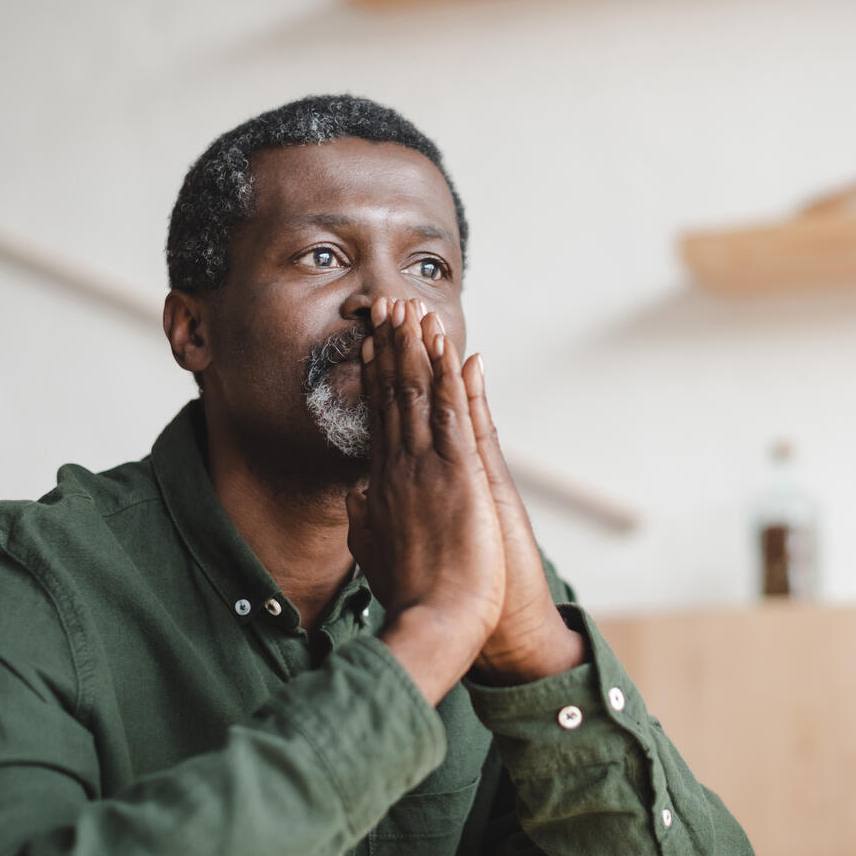-
Mayo Clinic Q&A podcast: Mayo Clinic working to support Hispanic patients, staff

The Somos Latinos Mayo Employee Resource Group (MERG) was created in 2016 to promote, educate and celebrate the cultural heritage of Hispanic and Latino staff members and improve the patient experience.
While the Somos Latinos MERG is based at Mayo Clinic in Rochester, Minnesota, Hispanic and Latino MERGs also are active elsewhere across Mayo.
"Resource groups are the response to promoting inclusivity as well as championing a team-based approach for all staff," explains Carlos Rodriguez Jr., a senior strategist at Mayo Clinic and chair of the Somos Latinos MERG. "Essentially, our task is simple: to create a community that people feel a part of. And that's what we work to achieve every day."
The work of MERGs supports several initiatives underway at Mayo Clinic to improve the experience for Hispanic and Latino patients. For example, Mayo is using in-person interpreters when possible, as well as video and phone interpretation, and making patient education materials available in Spanish. Another support option for patients is the Spanish-speaking patient coordinator program.
"The patient coordinator programs are meant to have an individual whose job it is to help the patient navigate the health care system," says Dr. Enid Rivera-Chiauzzi, a Mayo Clinic OB-GYN and physician chair of the Somos Latinos MERG. "It's really complicated to figure out where you're supposed to be for an appointment, where you're supposed to park, who you were supposed to call, and really understanding what happened during your visit. And even if you are proficient in English and Spanish, it's just the culture. Maybe where you grew up is different than here. So the person who is matched with you is a bilingual individual who can help you navigate the health care world."
Mayo Clinic also offers support to patients from Latin America who seek care. Representative offices in several countries — Colombia, the Dominican Republic, Ecuador, El Salvador, Guatemala, Honduras, Mexico, Panama and Peru — are staffed by people who speak the local language, and can answer questions, help request appointments and make travel arrangements.
"If you think about a patient representative on the ground in a given country, it really affords the patient the opportunity to connect with Mayo Clinic and start the process before they get to us," explains Rodriguez. "One of the differentiating propositions of Mayo Clinic is the integrated approach. The overall health care system is difficult to navigate, particularly when you're not familiar with the environment. So starting that conversation and engagement early is key to making the long-term relationship with Mayo Clinic a positive one."
Closer to home, work is underway at Mayo Clinic to build a Latino mentorship program for clinical staff that will ultimately benefit patients.
"We want to create a community of physicians and health care professionals who have been supported along their journey by other Latino and Latina health care professionals, therefore increasing our numbers," explains Dr. Rivera-Chiauzzi. "Our aim is to have more of us in these positions, which will help our patients see more people who look like them, or at least be as equally represented as they are in the community in general. That doesn't mean, 'Oh, I can only see a doctor that looks exactly like me and is exactly like me.' But we want to be in an environment where we can see all kinds of people and then whatever excellent person takes care of me, I feel like 'Oh, this person welcomes me.' That's important."
To celebrate Hispanic Heritage Month, which takes place Sept. 15-Oct. 15, Dr. Rivera-Chiauzzi and Rodriguez join the Mayo Clinic Q&A podcast to discuss Mayo Clinic's efforts to support Hispanic and Latino patients and staff.
Additional resources:
Related posts:
- "The importance of diagnosing, treating diabetes in the Hispanic population in the US."
- “Mayo Clinic Minute: What is a Hispanic biobank?”
- "Addressing health care barriers during Hispanic Heritage Month."
- “Mayo Clinic Q&A podcast: Patient navigators help guide the cancer journey.”
For the safety of its patients, staff and visitors, Mayo Clinic has strict masking policies in place. Anyone shown without a mask was either recorded prior to COVID-19 or recorded in a nonpatient care area where social distancing and other safety protocols were followed.







